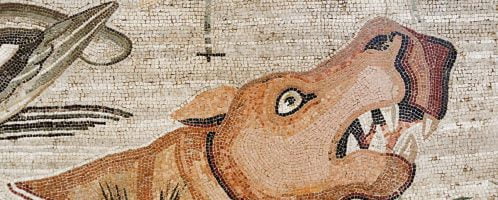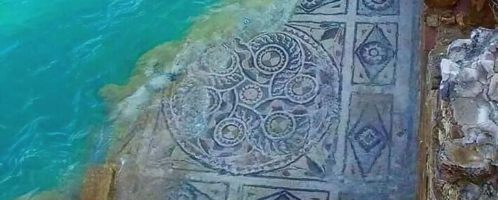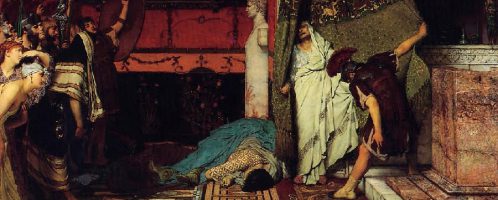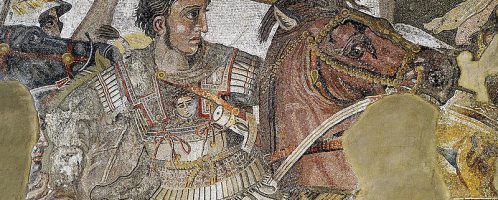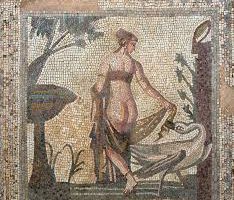During the time of Emperor Constantine I (born on February 27, c. 280 in Nis – present-day Serbia, died May 22, 337; Emperor from 306; during his reign, the Roman Empire was in its heyday), Athanasius the Great (born in 295 in Alexandria, of Greek origin, Patriarch of Alexandria, the most prominent saint of the Catholic Church) was accused of performing magic rituals with the use of a severed hand. That hand was to belong to the Bishop of the Meleznai sect of Thebaida – Arsenius. It was even claimed that the man was murdered in order to get the “handle”.
A synod in Tire (335) was called, with the most eminent bishops of the Empire. They were even introduced to corpus delicti (the subject of the crime), in a wooden box there was an alleged hand of Arsenius. The accusers (Egyptian clergy) were already rubbing their hands. There is evidence, and there should be punishment. Knowing what he was accused of, Athanasius ordered him to bring him, none other than Arsenius himself. Alive, too. Ba, having both hands. In the end, he replied, “Let no one seek for a third hand, for man has received two hands from the Creator and no more“.

